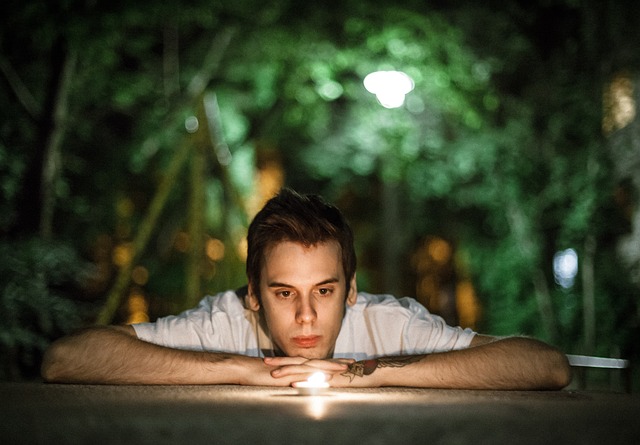Why!!!
Treating depression is not as like treating a sinus infection. Since no two people are affected in exactly the same way, it’s a more involved process and the person who’s dealing with it (as supported by friends, family, and the medical professionals) need to make personalized treatment decisions. If you’re thinking about alternative depression treatment for your teen, here are some things you should consider.

Treating Depression
Most often depression is treated with therapy and antidepressants, but the sad truth is that some people are resistant to these methods. Often, simply upping the dosage or changing the medication can work, but what if it doesn’t? This is no doubt a scary thought for you as a caregiver and even your teen, especially considering the possible consequences of untreated depression, but please don’t lose hope.

Treating depression
As with anxiety and other mental health issues, depression needs to be treated holistically. While you look for the right fit in terms of medication, etc., it might also be a good idea to consider other options. Even if you as a caregiver are resistant to some of these ideas, it’s important to remember that this should ultimately be your teen’s choice.
Before getting into some of these alternative treatments, I encourage you to speak with your medical professional about any new treatment. It can be easy to be roped into (sometimes false) hope when it comes to treatment, so make sure to have discussions with them so you can discuss any possible risks or if they might clash with current treatment. Your choice of treatment should be evidence-based and tailored to the needs of your teen.

Treating Depression
Herbal Treatments: Now, I know how this sounds. You might be skeptical and thing this is nothing but woo, but there’s actually something to this. St. John’s wort and ginkgo biloba, for example, are two of the most common herbal products used in the treatment of depression. You can get them as supplements, meaning they do not have to replace your standard treatment.
Reflexology: This is a technique in which pressure is applied to the feet, hands, ears, and face to relieve stress. Not only is it relaxing but there are studies that suggest that there are benefits for depression, anxiety, and even sleep issues.
Meditation: Depression is strongly linked to stress and anxiety. Meditation (a form of relaxation and introspection) may help with those, training the brain to keep focus away from negative thoughts and feelings. As with anything, though, you’ll want to monitor your teen’s reaction because some patients have reported worsening depression with meditation treatment. If this happens, you should probably stop until you talk to your mental health provider.
Visualization and Guided Imagery: These are subsets of meditation. Visualization is self-instructed meditation while guided imagery is allowing someone else to verbally lead you in the visualization process. The idea is to provide a temporary escape for the negative thoughts in a pleasant, visualized place or memory.
Acupuncture: There have been few studies on the effectiveness of acupuncture in depression treatment and it’s hard to create a control situation for study. This traditional Chinese method, though, has been used for a while, and some have found it works for them.
Treating depression
These are just a few of the less traditional ways of treating depression. The beauty is that they don’t have to replace your teen’s current treatment and can be supplementary. You can even do them with your teen, since support from family members can go a long way.
All in all, be sure to monitor the depression and talk to your teen and mental health professional about any options to find what works best.

